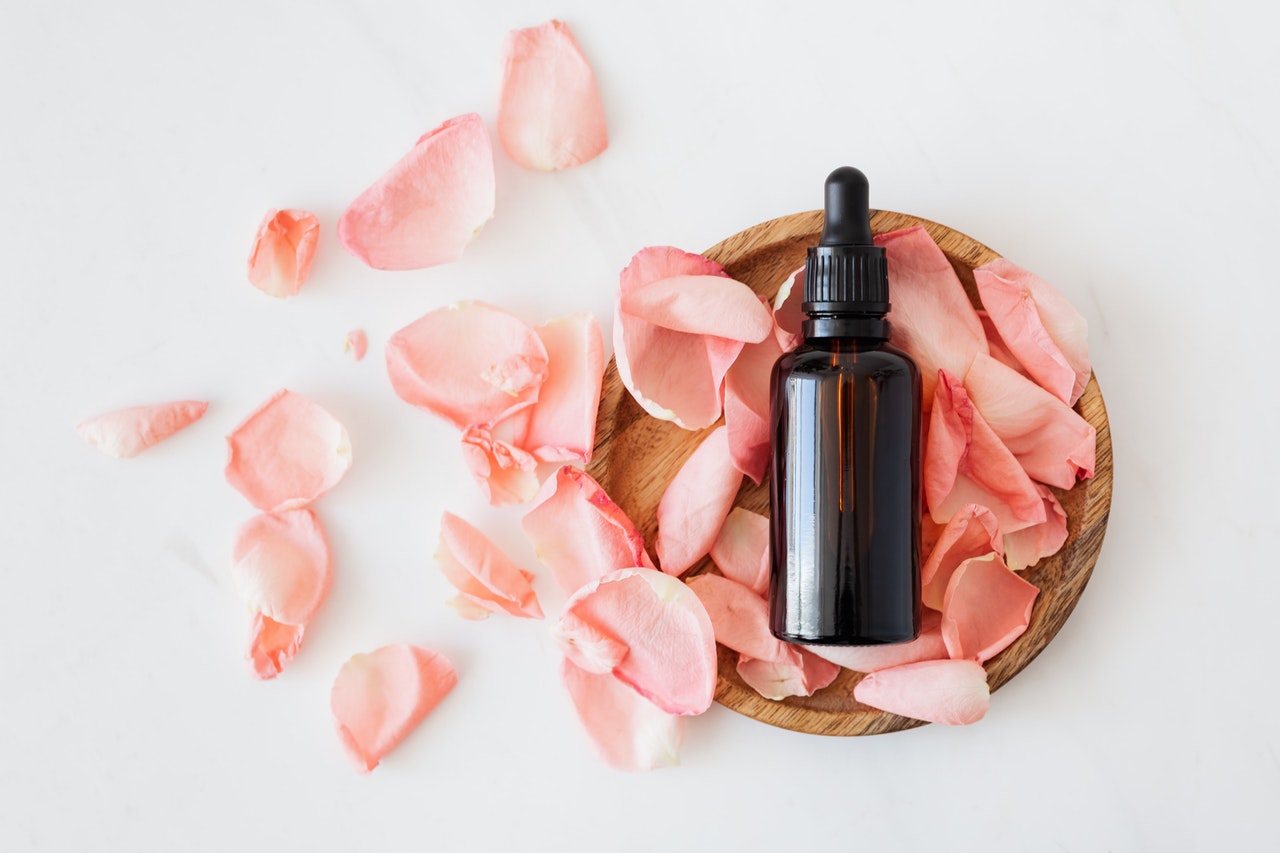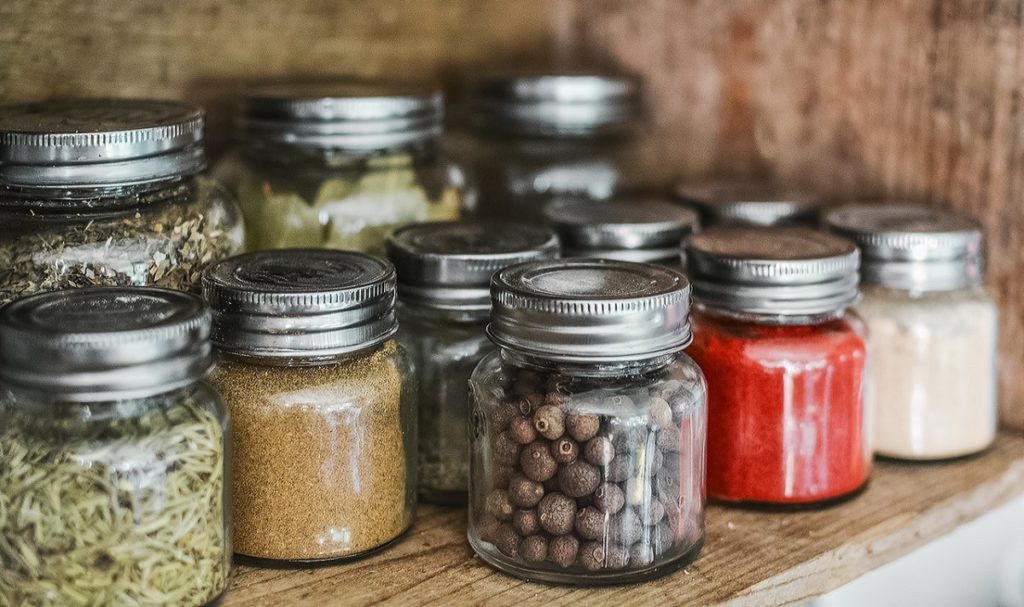In the last few decades, the world’s plastic use has grown exponentially as one research found that over 8 billion tons of plastic have been produced globally since 1950. Of the total, just about 9% of products are recycled, and unlike metals and glass, they can never disintegrate into tiny fragments and return to the atmosphere.
The threat of plastic pollution on our health has just been sitting under our noses. A recent study shows how certain chemical substances are associated with health issues such as metabolic diseases, obesity, and decreased fertility. Moreover, plastic debris in the ocean damages marine animals, ending up on our tables, eventually causing us more harm.
Hundreds of clinical research have proved that the adverse health effects of plastic chemical exposure, resulting in hormone disruption and the risk of cancer, have also been discovered. With the growing number of worries from plastic wastes, it almost seems impossible to curb our problem with plastic. Almost.
Here are a few ways to reduce our plastic use in daily life.
-
Stop patronizing microbeads products
Tiny plastic particles, known as “microbeads,” have been a significant cause of plastic ocean waste. It can be found everywhere as these are present in the most basic things that we need and use every day, such as facial scrubs, tubes of toothpaste, and face washes. They also penetrate our rivers through our sewage systems, making them a significant source of environmental contamination that affects thousands of aquatic animals.
To address this issue, check on your personal care packages if it contains polyethylene or polypropylene as these components can be toxic and deadly for humans and other living creatures.
You can also switch to other products that are less toxic to our health. The use of plastic-free alternatives is proven to be just as effective. For instance, oatmeal has anti-inflammatory properties that allow it to absorb excess fat. To use, mix it with water to form a paste to use as a scrub or face mask.

-
Stop using disposables
The simplest and most straightforward way to get started, regardless of where you are, is to reduce your use of single-use plastics. Water bottles, straws, cups, and plastic cutlery are among the 90% of plastic products in our everyday lives that are quickly discarded after use, thus adding more health worries.
Instead, go for healthier choices and more eco-friendly alternatives such as reusable grocery bags, silverware or utensils made from bamboo, non-disposable coffee mugs or tumblers, and even paper or metal straws. When outside or in a restaurant, don’t be afraid to voice your hesitation to using single-use plastic products to let companies know that you’d like them to have alternatives.
-
Choose environmental-friendly containers
Food doesn’t require disposable bags. Instead, use packages or containers that are concrete and washable. These are proven to last longer and make our food safer to eat and store, especially for snacks on the go. You can look into other alternatives that are more lightweight as well, including platinum silicone that is completely non-porous, self-sealing, and reusable.
Additionally, switching to non-toxic kitchen materials instead of plastic ones is also more practical, such as cotton napkins, wooden cookware, and other healthier substitutes.
-
Start composting
Composting is the easiest and most convenient way to avoid waste. It’s less expensive and much more convenient than packing your scraps into trash bags and hauling them to the curb to be disposed of. Furthermore, compost is the holy grail of plant additives. It contains nutrients that make plants flourish and dramatically enhances the soil structure of every planting bed. You can then use it to plant your vegetable garden for healthier food choices for you and your loved ones.
Composting your food waste is necessary even though you are not a gardener because it helps mitigate toxic greenhouse gases and prevents climate change. That’s because food waste that decomposes in a compost pile emits carbon dioxide. In contrast, food waste decomposes in a landfill, under that mound of other trash, emits methane gas, which is 23 times more toxic than carbon dioxide.
Plastic trends will continue to change as more of us question our behaviours and switch to healthier decisions. Don’t be afraid to start small, as these little wins will only add up to the bigger, better picture for our environment and our health.
In the long run, we will eventually need larger-scale improvements than people would make daily to make a meaningful difference in the plastic crisis. To make it possible for people to do the right thing, we need to reform the system. And by working together to reduce the amount of plastic created and discarded, we can reverse the flow of plastic waste for a healthier and better lifestyle.

